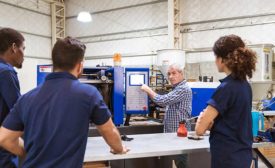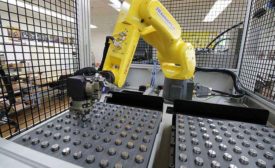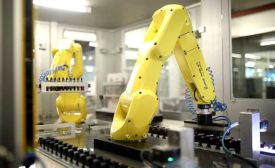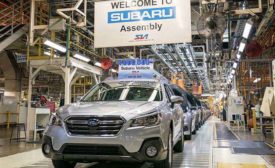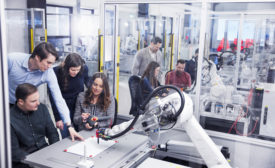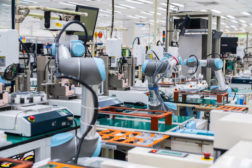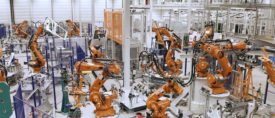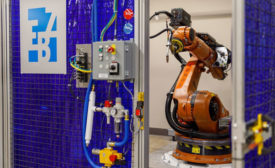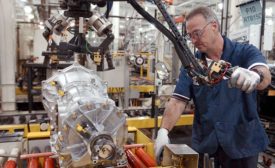Home » skilled labor shortage
Articles Tagged with ''skilled labor shortage''
Justifying Investment in Automation
Production ‘pain points’ should be identified and well documented.
March 31, 2022
Never miss the latest news and trends driving the manufacturing industry
Stay in the know on the latest assembly trends.
JOIN TODAY!Copyright ©2024. All Rights Reserved BNP Media.
Design, CMS, Hosting & Web Development :: ePublishing
